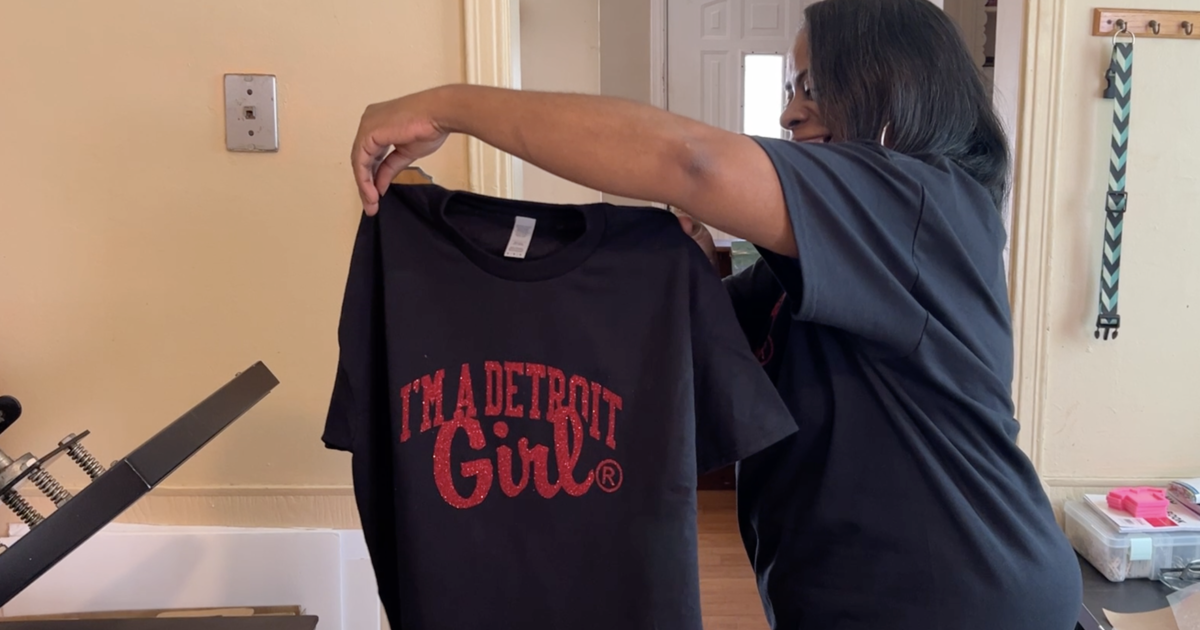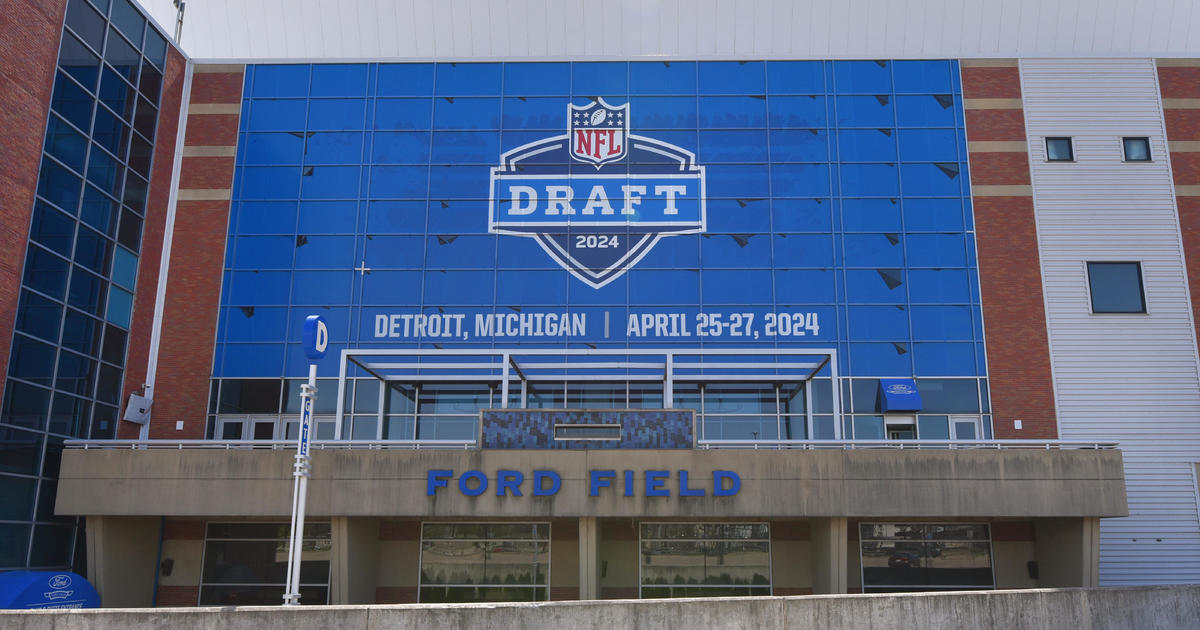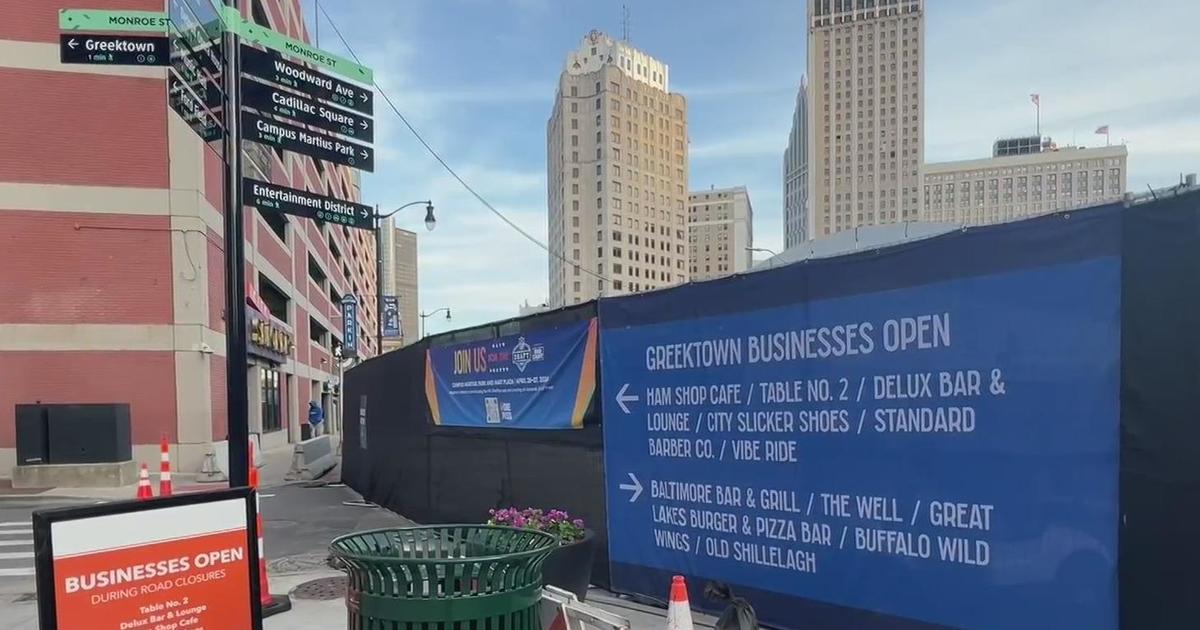Verizon Shows Off New 4G Network
 Verizon Wireless entertained about 500 of its business customers Wednesday at Detroit's Motor City Casino to show off the capabilities of its new high-speed wireless network, powered by so-called fourth generation Long Term Evolution technology, or 4G LTE.
Verizon Wireless entertained about 500 of its business customers Wednesday at Detroit's Motor City Casino to show off the capabilities of its new high-speed wireless network, powered by so-called fourth generation Long Term Evolution technology, or 4G LTE.
The bottom line will be far faster data download and upload rates for mobile devices -- 5 to 12 megabits per second download, 2 to 5 mbps upload.
That means true broadband Internet access anywhere you can get a wireless phone signal, and that has some Verizon partners really excited about the possibilities.
"I view LTE as a field of dreams for GM," said David Poirier, executive director for global computing and telecommunications services at the automaker.
Verizon is rolling out 4G LTE service in parts of Oakland and Macomb counties, including Auburn Hills, Pontiac, Rochester Hills, Troy, Waterford Township, Mt. Clemens, Shelby township, Sterling Heights, Utica and Washington Township -- as well as a tower at GM's Milford Proving Grounds that Poirier said he pushed for.
A rollout to other parts of metro Detroit has been delayed by interference with a Canadian TV station. Verizon is using a part of the electromagnetic spectrum formerly occupied by analog TV broadcasting for the new service. Verizon officials said the issue should be resolved by June 30, when all of Detroit will get 4G.
As for the rest of Michigan, Verizon officials said a full nationwide rollout is scheduled to be complete by the end of 2013, but that those areas would probably get it earlier.
Verizon will launch 4G in 38 major metropolitan areas covering more than 110 million people by the end of the year, as well as in more than 60 major airports coast to coast.
Wednesday, Verizon showed off a wide variety of mobile applications that 4G will make possible, and enthusiastically predicted that the endless creativity of software developers will add far more that we can't even begin to predict.
Among the applications showed off:
* Remote medical diagnostics and treatment, in which first responders can show high-definition video of injuries to emergency room doctors and get recommendations for treatment, and realtime transmission of vital signs and other medical data.
* A high-definition video jukebox that needs nothing more than a power outlet to operate.
* Kiosks offering concierge services, mapping, wayfinding and more, all with high-definition TV transmitted on the 4G network.
* Quick transmission of information to remote workers -- for instance, a contractor having problems with an air conditioning installation gets immediate access to the full repair manual and video conferencing for live factory installation support with actual images of the unit, without leaving the installation site.
* High-definition remote videoconferencing everywhere, which has broad applications in the news media, education and security.
Poirier said GM would use 4G to improve the productivity and analytical capabilities of its proving grounds, thereby producing better cars.
"There are more than 100 microprocessors on a Volt, each with multiple sensor inputs," Poirier said. "With 3G, you've got to collect that data on the vehicle, drive the vehicle back to a building and download the data to do the analysis. With 4G, you can move that data in realtime direct from the vehicle to our data centers. That's a real capability boost and a productivity boost for our engineers. Now we can do vehicle analysis in real time."
More exciting applications are around the corner, too, Poirier said.
"We're only at the very beginning of the technology curve in terms of vehicle connectivity," he said. "We pioneered the connected vehicle with OnStar in 1996, and to add this network to those capabilities, it just explodes the possibilities -- realtime video entertainment, more extensive diagnostics, videoconferencing in the vehicle."
Poirer said GM and Verizon engineers have had several meetings to go over the possibilities.
"The possibilities that 4G will offer businesses and consumers are limitless," said John Granby, president of Verizon Wireless' Michigan-Indiana-Kentucky region. "It's not about what 4G can do. The question is what do you want 4G to do for you?"
Verizon is currently installing LTE equipment at existing cell sites and switching centers around the United States as part of its extensive, ongoing investment in its voice and data network infrastructure.
Visit www.verizonwireless.com/lte for more information about Verizon Wireless' 4G LTE network.
In Michigan, Verizon Wireless has more than 2,100 employees and 65 company-owned retail locations in more than 40 cities.
(c) 2010, WWJ Newsradio 950. All rights reserved.



